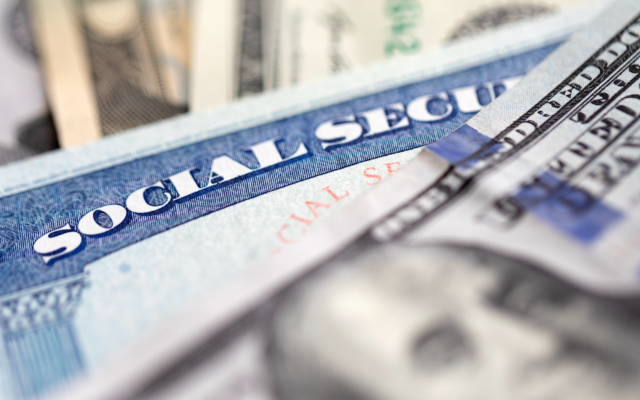
Breaking Down The “One Big Beautiful Bill Act”: Impact of New Laws on Tax Planning
Signed into law on July 4th, 2025, the “One Big Beautiful Bill Act” (OBBBA) marks a historic update to the U.S. tax code—and it’s one that could reshape how you approach your retirement plan.

0% Capital Gains vs. Roth Conversions: How to Optimize in Your Financial Plan?
In retirement, it’s not just about how much you have—it’s about how well you use it.

What Do I Measure?
Your transition into retirement often brings a radical shift—not just in how you spend your time, but in how you define your worth.

Under the Influence
We often think we’ve outgrown peer pressure—until we realize we’re still under its spell. These days, however, (thanks to social media) it often wears the face of an influencer or an algorithm.

The Sunk Cost Fallacy and How it Influences Our Decisions
It can be all too easy to stay the course—whether it’s a draining job, a broken-down car, or a long-held belief—not because it’s the right choice now, but because you’ve already invested so much into it.

Understanding Your RMD Options Before Turning 73
Turning 73 might feel like just another birthday—until you’re reminded that Uncle Sam is also sending a gift: Required Minimum Distributions (RMDs).

Social Security’s Financial Outlook: The 2025 Update in Perspective
The 2025 Social Security Trustees Report does not carry shock value but reinforces a truth we've known for decades: If Congress fails to act by 2033, retirees could see a 23 percent cut to their benefits.

What’s Better Than U.S. Bonds for Downside Protection?
For decades, U.S. Treasury bonds were viewed as a safe haven, but recent events, including dramatic interest rate spikes and even a downgrade to the U.S. credit rating, have retirees and investors alike asking: Are U.S. bonds still the gold standard for protecting wealth during downturns?

RMDs + Sequence Risk = Retirement Destruction?
You may have heard about how required minimum distributions (RMDs) can throw a wrench into even the best-laid retirement plans. It’s not just about taking money out of your IRA. It’s about being forced to do so—sometimes at the worst possible moment.

Engineering Reliable Retirement Income in 2025
In an economy where interest rates north of five percent have become the new normal, many of the traditional retirement rules—like the 60/40 portfolio or the trusty four percent rule—cannot always provide the income security you need.

The Hidden Crisis in Long-Term Care
Most of us would do anything to protect our loved ones—but what happens when the very people we love become the ones shouldering the burden of our long-term care?

Time is Money? No, Time is Far More Valuable. Here’s How to Spend Money to Optimize Your Time
How many weeks do you really get in a lifetime? About 4,000. While this number may feel sobering, it also shines a light on what matters most—time, not money.

